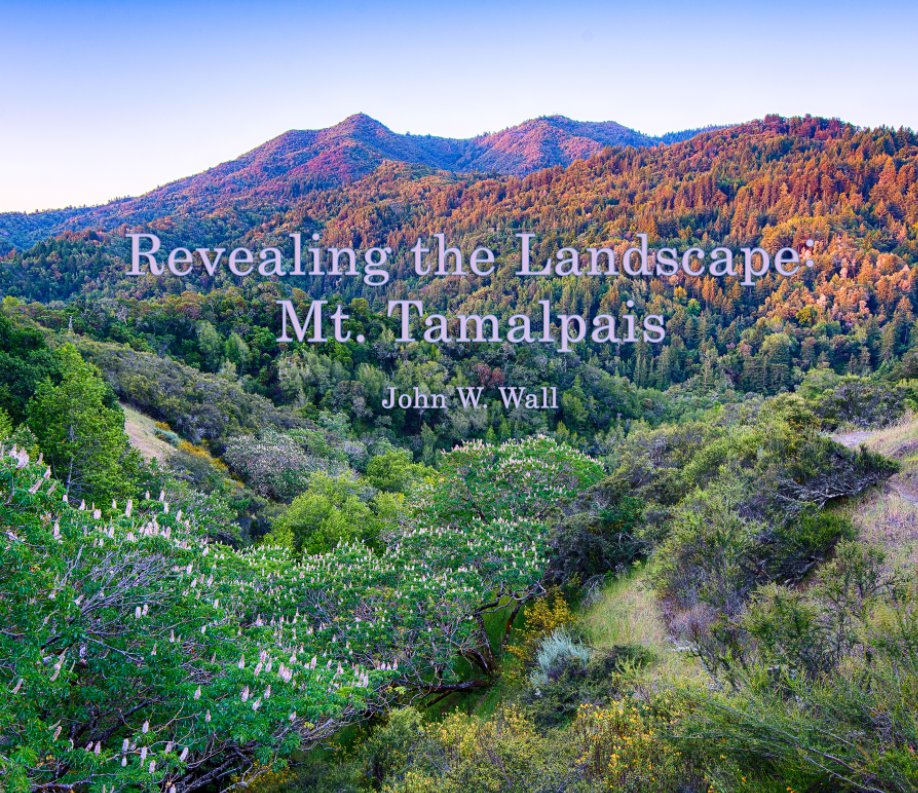* * *
The October-December issue of Bay Nature magazine’s feature
on river otters got me thinking about good old Sutro Sam, who delighted a lot
of people during his brief stay at Sutro Baths in 2012. Sam eventually ate all the fish in
the tank and had to move on to greener pastures.
I’m reading a fascinating and beautifully written book called Untamed: The Wildest Woman in America and
the Fight for Cumberland Island, where author Will Harlan states that only
relatively recently in human history did we lose the ability to live within our
resource limits. As many others do, he implies that we lost a wisdom that we
once had. But as I wonder about that I have my doubts. As hunter-gatherers we
spread out over the globe in search of greener pastures, just like Sutro Sam,
until we learned that through agriculture and animal husbandry we could stay in one place and even continue to prosper as our numbers grew. In one respect, our survival strategy as
hunter-gatherers didn’t change. In an agricultural society, resource depletion
just takes longer.
By 2016 agricultural society has almost entirely supplanted
hunter-gatherer societies. Human populations and markets have become so huge
that we’re faced with the possibility of whole aquifers and even whole resource
stocks being entirely consumed. People are just trying to make a living, but
the resource—even when it’s in an ocean—turns out to be finite. The ocean is amazingly productive, but it isn’t magically so.
Maybe we’re a lot more like Sutro Sam than we like to admit,
taking care of our immediate needs with little or no thought about where it all
leads.
Harlan also mentions in Untamed
the observations of NASA scientist James Lovelock, who noticed self-regulating
systems in the earth’s atmosphere and in other natural processes, and way back in
1969 “came to a startling conclusion: the earth is alive.”
“He proposed,” Harlan continues, “that the earth is a
superorganism—one giant living system that includes not just animals and plants
but rocks, gases, and soil—acting together as if the planet was a single living
being.”
I like the analogy, but it’s too bad the earth doesn’t
reproduce! Then we would have greener
pastures to move into. On the same page as the rest of this stuff, Harlan
quotes the “wild woman” who is the subject of his book who says, “We cannot
grow infinitely on a finite planet.” It’s such an obvious and simple fact that surely
everyone sees it. Yet we keep chowing down like Sutro Sam, with no more intelligence or
perspective, no more forward-looking consciousness, than a river otter’s.
* * *








